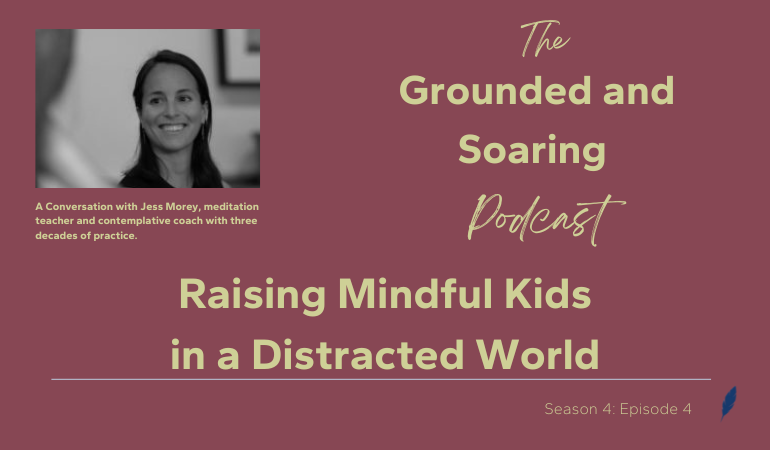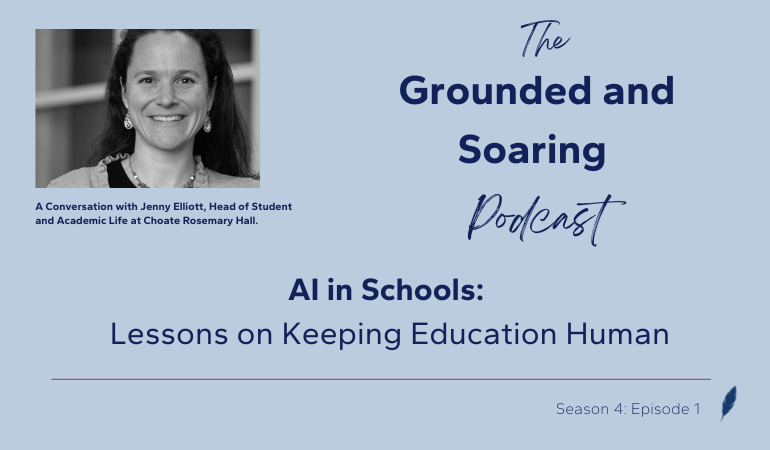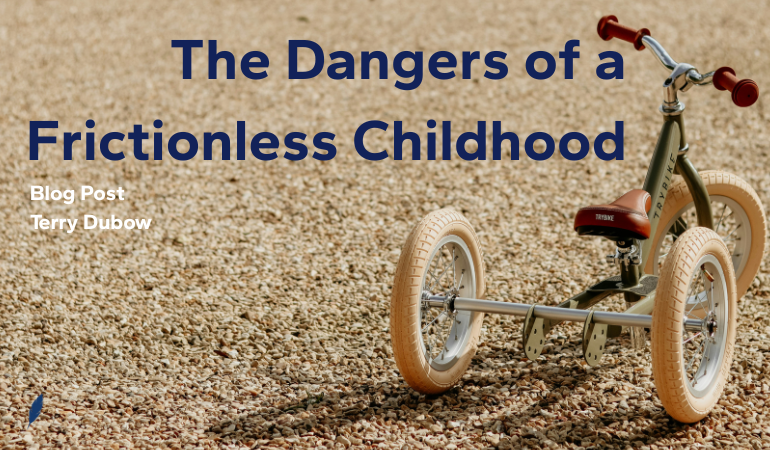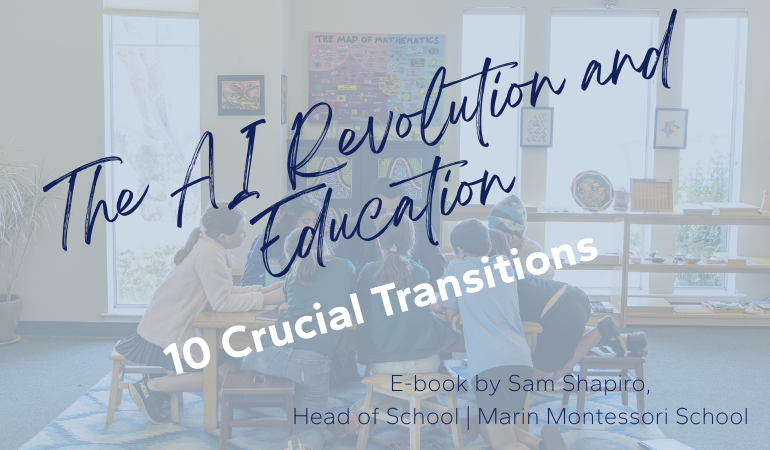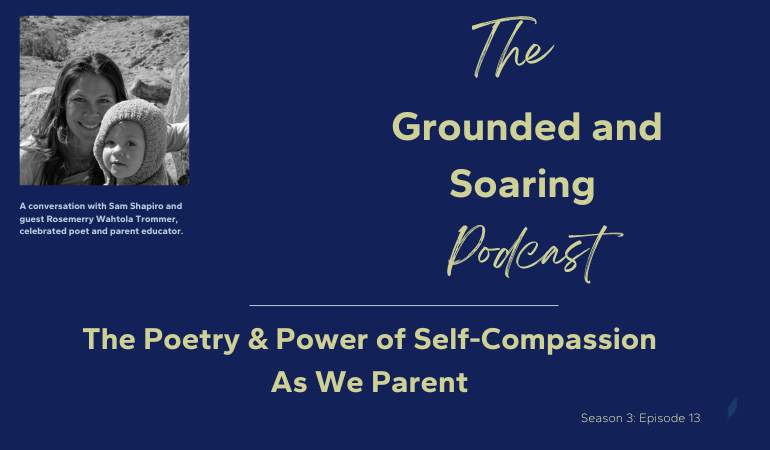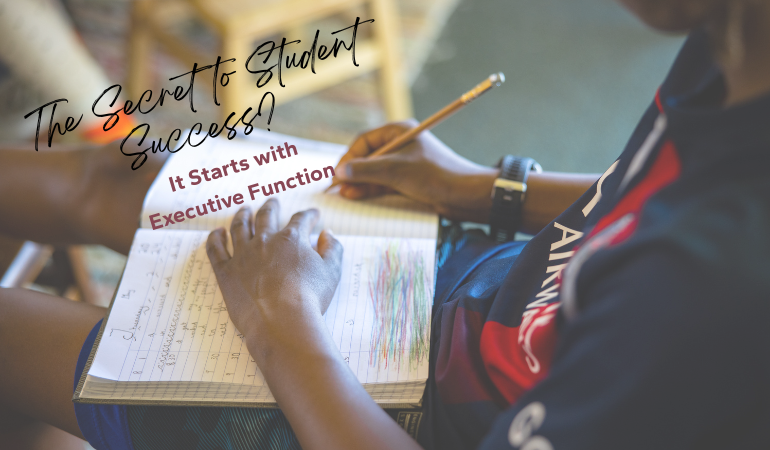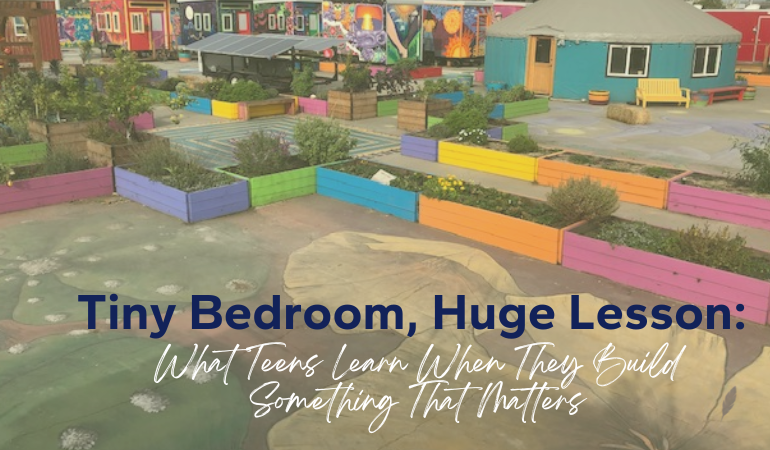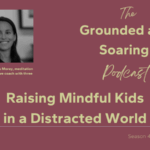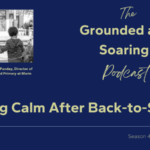Raising Mindful Kids in a Distracted World
Our children are growing up in a world that’s louder, faster, and more distracted than ever. Meditation teacher Jess Morey joins Sam Shapiro, Head of Marin Montessori School, to talk about what kids and teens are really seeking beneath all the noise — safety, connection, and belonging — and how mindfulness can help families cultivate calm, compassion, and resilience together.


